Raking the past

A ‘rake’ of fiction by women from Northern Ireland was published in the first months of 2022, much of which takes the Troubles as its focus, both directly and indirectly. ‘Rake’, a dialect word which crops up across these books, means a significant quantity or gathering of something. ‘Rake’ can also mean to drive a car hard, like ‘hoon’ in Australian English.
The use of such terms in this ‘rake’ of books – Jan Carson’s The Raptures, Wendy Erskine’s Dance Move, Lucy Caldwell’s These Days, and Trespasses by Louise Kennedy – reflects an ease and confidence in incorporating Northern Irish idiom into standard literary English, even if there’s occasional uncertainty as to how these words should be spelled. In her acknowledgments for The Raptures, for instance, Carson thanks her ‘Twitter friends’ for advice about the spelling of ‘boke’, drawing attention to the word’s onomatopoeic, projectile force, in contrast to the Latinate decorum of ‘vomit’. The cognate of boke in Ulster speech, ‘poke’, meaning an ice cream in a cone, occurs in Kennedy’s Trespasses, when the teacher–heroine buys ‘pokes’ for her primary school pupils when out on a daytrip (too many pokes leading to boke).
Continue reading for only $10 per month. Subscribe and gain full access to Australian Book Review. Already a subscriber? Sign in. If you need assistance, feel free to contact us.


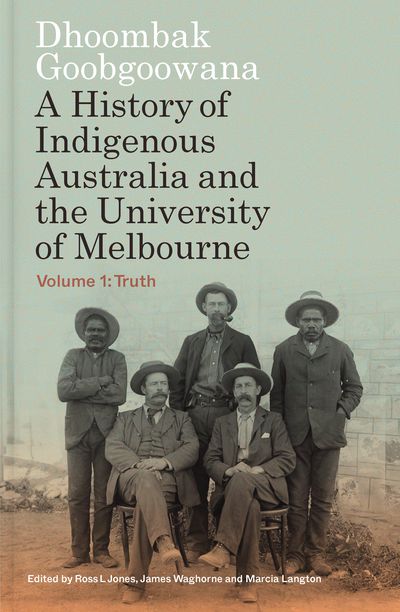
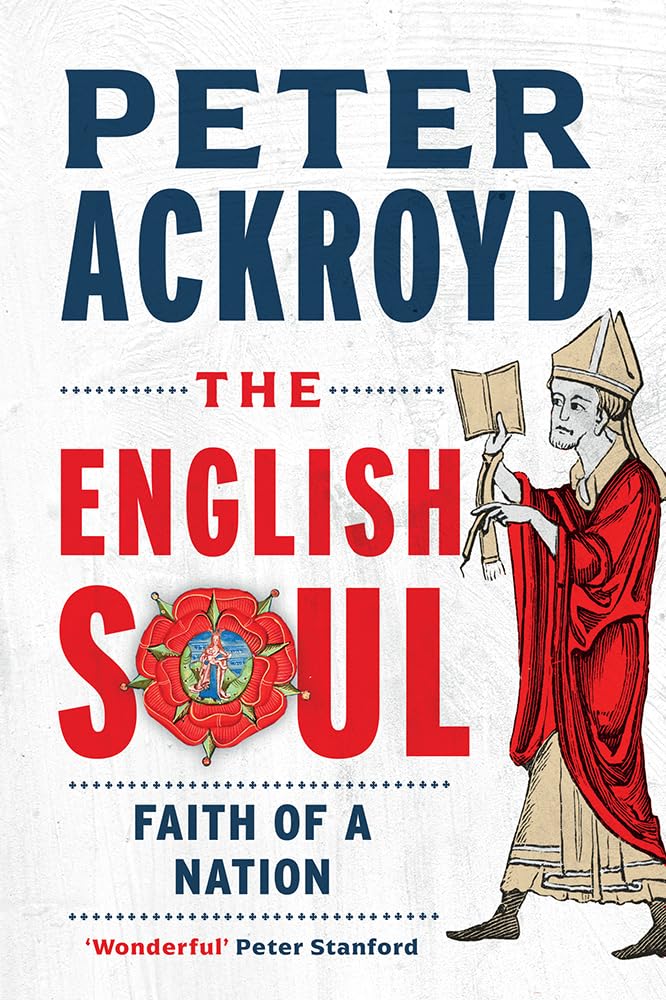
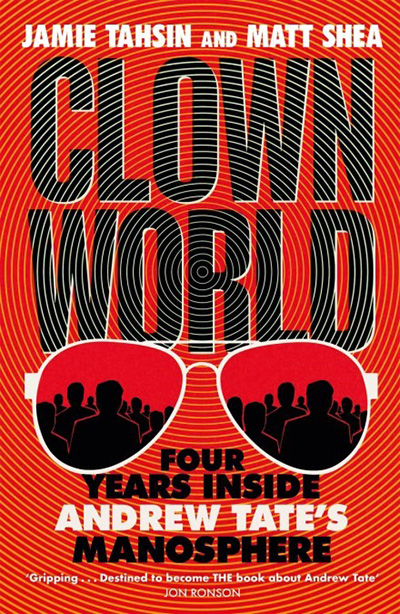
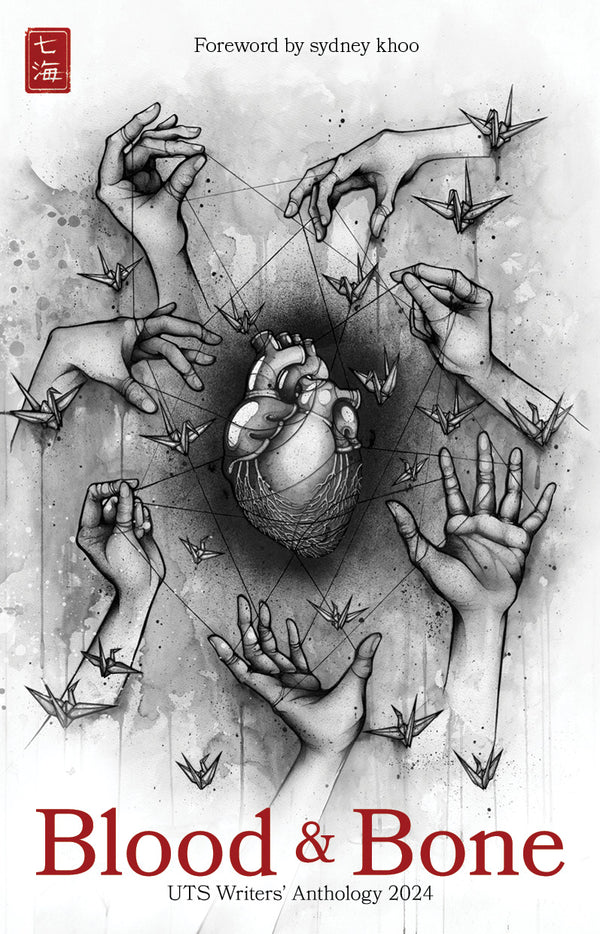
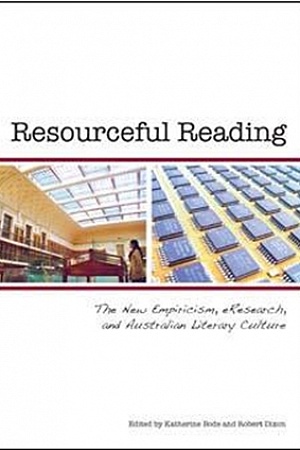

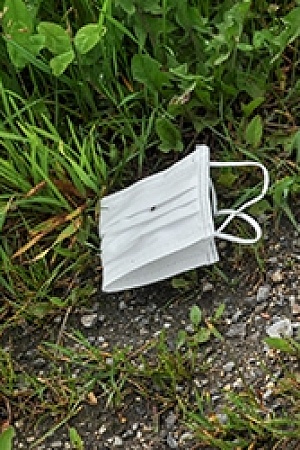
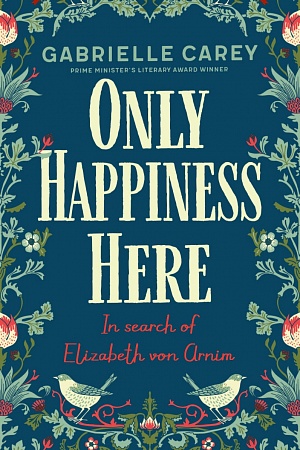
Leave a comment
If you are an ABR subscriber, you will need to sign in to post a comment.
If you have forgotten your sign in details, or if you receive an error message when trying to submit your comment, please email your comment (and the name of the article to which it relates) to ABR Comments. We will review your comment and, subject to approval, we will post it under your name.
Please note that all comments must be approved by ABR and comply with our Terms & Conditions.